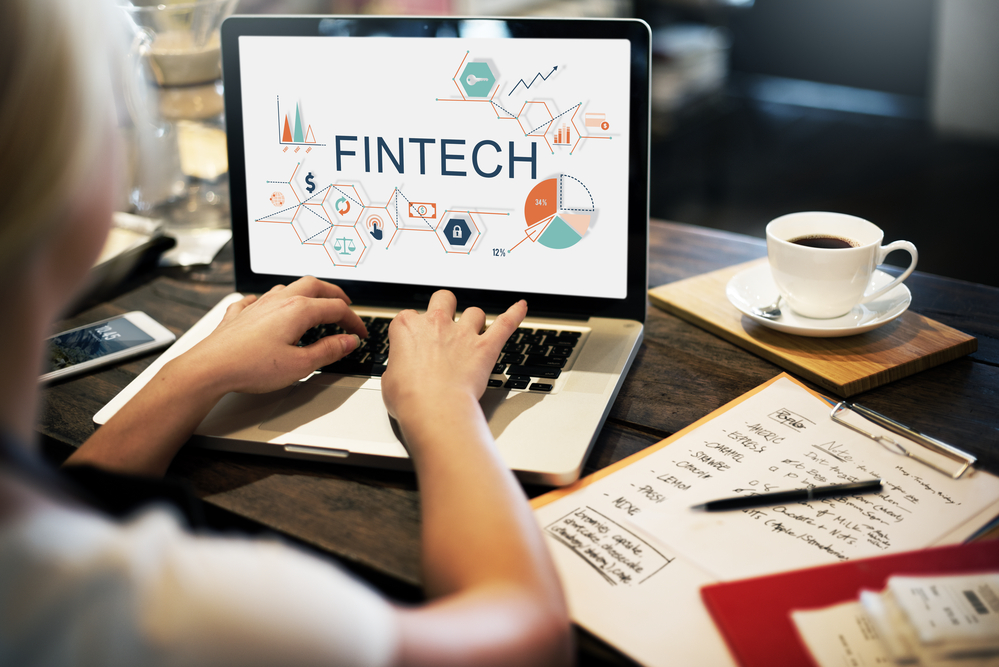Fintech refers to the use of technology to improve the delivery of financial services. The way mobile phones have changed consumer behavior and how people access the internet is also the reason for Fintech Innovations. China (69 per cent) and India (49 per cent) are the nations with the most Fintech usage currently (52 per cent). China, India, and other emerging countries never had the opportunity to establish Western-style physical banking infrastructure, making them more receptive to new ideas. Today's Fintechs are into cryptocurrencies and start-up banks which has got many investors excited. With $137.5 billion invested in FinTech enterprises in 2019, there are plenty of opportunities for investors.
Fintechs are enhancing the quality of payment services through their high technology capabilities. The transparency provided by Fintechs has bought a huge market base. Fintechs doesn't only provide cheap solutions but from the viewpoint of Easy, transparent, and unification of solutions. Fintechs Connects key customer bases with Banks to implement their easy payments through wallets, payment apps, or Online Banking. The advantages of Fintech are its flexibility, fast and cheap transaction is achieved by high-end technology. Virtual Operations and flexibility and not being regulated as a deposit institution or cash from venture capital allow FinTechs to attract customers with less pricing.
Fintechs have not only improved the user experience but have also aided banks in providing consumers with convenient buying options through their buy-now-pay-later plan. Covid-19 brought world economies to a halt, making it twice as difficult for people to satisfy their basic requirements. Individuals have been able to smooth over their financial difficulties thanks to the advent of the buy-now-pay-later (BNPL) option.
Customers without a credit card can use BNPL in a matter of seconds, as opposed to the time-consuming procedure of obtaining a loan. The BNPL option applies to a wide range of things, including appliances, automobiles, travel, and other similar items, making these products and services relatively affordable to consumers.
Banks are benefiting from Fintechs in various ways by building customers' trust and being transparent and gaining a huge customer base. Banks like RBL have partnered with more than 90 start-ups in India & UK and have been able to acquire 30 per cent of its total 2.8 million customers. Yes Bank is another example to have tied up with FinTechs and have acquired 20 per cent of its customers base.
Technology is evolving at a rapid pace, and the Indian populace is swiftly adapting to these developments. Furthermore, people are growing increasingly reliant on their cell phones for nearly all of their payment and banking requirements. As a result, the notion of super applications, or all-in-one apps, has emerged. Banks are now collaborating with Fintech firms to develop a Super App that will fundamentally transform the traditional banking process by allowing customers to access everything on one platform.
Everything will be channeled into one app, from chatting to games to news to purchases and transactions. This Omnichannel software will serve as a one-stop-shop for all of the consumer's digital needs. Furthermore, this unique approach, which originated in China, aids in the analysis of user behavior and trends, allowing banks to better understand consumer demands and provide financial solutions to their customers. The Super Apps are the next big thing in India, and they're about to radically upset the banking industry with their agile solutions that smartphone-centric people will soon adopt.
The author is Founder of Zaggle & ZikZuk
DISCLAIMER: Views expressed are the author's own, and Outlook Money does not necessarily subscribe to them. Outlook Money shall not be responsible for any damage caused to any person/organization directly or indirectly.













